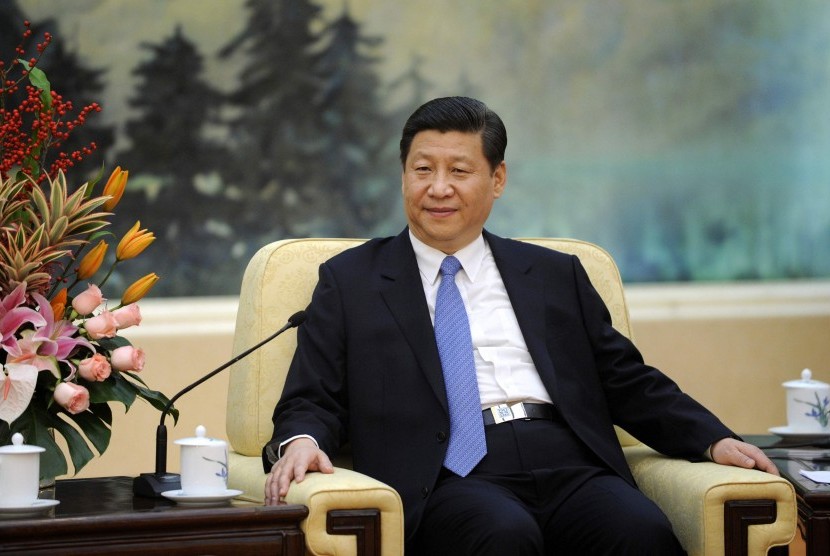REPUBLIKA.CO.ID, BEIJING -- Leaders of the 21 APEC member economies commenced their two-day gathering in Beijing on Monday, engaging with Asia-Pacific business executives who called for accelerated regional integration to promote sustained growth and recovery in the region while adapting to new business realities. The leaders shared their views on promoting regional integration, innovative development and economic reform, and infrastructure investment and comprehensive connectivity during the APEC CEO Summit.
“The business community is an important engine of economic development in the Asia-Pacific and the world,” China’s President Xi Jinping said in earlier remarks at the APEC CEO Summit. “As Asia-Pacific regional economic cooperation deepens and becomes more substantive, some of APEC’s cooperation initiatives are already yielding positive results, bringing real benefits to the region’s businesses," he said in a written statement sent to Republika.
President Xi welcomed input based on the actual needs of the business community to build on this progress and identify a viable path for strengthening trade and investment, regional economic integration and long-term development in the region.
Chairman of Chinese grain conglomerate COFCO and ABAC in 2014 Frank Ning said tariffs in APEC economies were lower. The basic cost of a transaction has dropped and for a container for export, the processing cost in the region averages 800 USD while in the rest of the world it’s more than 1,000 USD.
“Among all APEC member economies, there are over 50 bilateral free trade agreements,” Ning explained. “We want to see more basic, broader coverage to really benefit trade and business which is why we are promoting the creation of a Free Trade Area of the Asia-Pacific or FTAAP.”
Other recommendations include the cultivation of public-private partnerships and mobilizing long-term savings, based on the development of capital markets and effective regulatory frameworks, to increase investment required to bridge infrastructure gaps in the region and maximize the benefits of an FTAAP.
The establishment of conditions that encourage innovation is also suggested as a way to reverse recent declines in productivity growth. Support for small, medium and micro-enterprises, a more active role for women in the economy and measures that address sustainability issues such as urbanization, food security, health and green growth are among the other recommendations put forward for consideration.
“The founding principle of APEC 25 years ago was to try to create an integrated regional economy which has worked well and guided growth in the region," Ning concluded. “Today, this principle is still relevant.”


